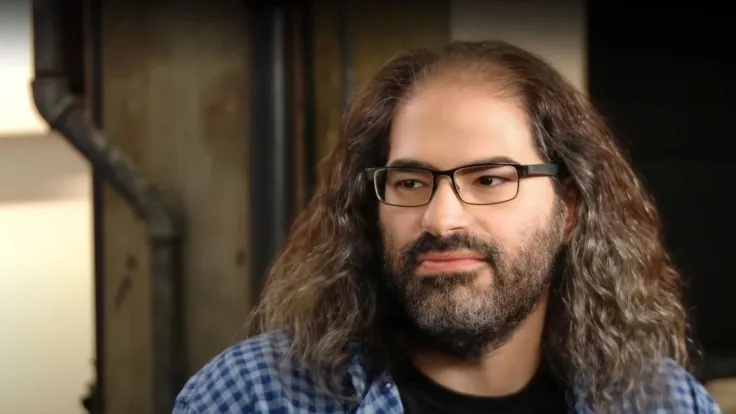
In a recent tweet, David Schwartz, Ripple's chief technology officer, addressed the ongoing debate over the purpose and nature of XRP sales.
Schwartz explained that the San Francisco-headquartered blockchain company was created to distribute XRP "as broadly as possible "and, if necessary, generate enough revenue from sales to sustain its operations.
The discussion comes amid the U.S. Securities and Exchange Commission's (SEC) lawsuit against Ripple, which alleges that the company engaged in the unregistered sale of securities through XRP.
The SEC claim that Ripple and its executives, including CEO Brad Garlinghouse, raised more than $1.3 billion.
Garlinghouse previously admitted that sales of XRP had helped Ripple to survive, raising questions about the company's reliance on these sales for revenue. Garlinghouse once told the Financial Times that would be bleeding cash without selling the controversial token.
Critics argue that this dependence on XRP sales highlights the lack of a viable business model and casts doubt on the cryptocurrency's legitimacy.
The ongoing Twitter debate revolves around whether XRP was created explicitly for retail sales or not.
The outcome of the SEC's lawsuit against Ripple could have significant implications for the future of XRP and the broader cryptocurrency market. The case is expected to be resolved in the first half of the year.
The ultimate determination of whether these sales were conducted lawfully as well as the potential consequences for Ripple and the wider cryptocurrency industry remain uncertain.

 Vladislav Sopov
Vladislav Sopov Dan Burgin
Dan Burgin